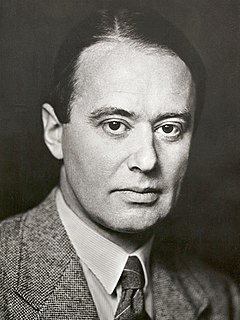A Quote by Mason Cooley
Was there a little time between the invention of language and the coming of true and false?
Quote Topics
Related Quotes
Either Christianity is true or it's false. If you bet that it's true, and you believe in God and submit to Him, then if it IS true, you've gained God, heaven, and everything else. If it's false, you've lost nothing, but you've had a good life marked by peace and the illusion that ultimately, everything makes sense. If you bet that Christianity is not true, and it's false, you've lost nothing. But if you bet that it's false, and it turns out to be true, you've lost everything and you get to spend eternity in hell.
We have hitherto considered only two possibilities: that the received opinion may be false, and some other opinion, consequently, true; or that, the received opinion being true, a conflict with the opposite error is essential to a clear apprehension and deep feeling of its truth. But there is a commoner case than either of these; when the conflicting doctrines, instead of being one true and the other false, share the truth between them.
There is something false in this search for a purely feminine writing style. Language, such as it is, is inherited from a masculine society, and it contains many male prejudices. We must rid language of all that. Still, a language is not something created artificially; the proletariat can't use a different language from the bourgeoisie, even if they use it differently, even if from time to time they invent something, technical words or even a kind of worker's slang, which can be very beautiful and very rich. Women can do that as well, enrich their language, clean it up.
[T]aking the Third into account does not bring us into the position of pragmatic consideration, of comparing different Others; the task is rather to learn to distinguish between false conflicts and the true conflict. For example, today's conflict between Western liberalism and religious fundamentalism is a false one, since it is based on the exclusion of the third term which is its truth: the Leftist emancipatory position.






































